Individuals across the Marquette community gathered in Weasler Auditorium last night to discuss university policy, campus resources and student questions regarding sexual assault.
The Marquette University Student Government hosted the forum, called “Title IX & Sexual Assault: Voicing Violations, Healing Together, Changing A Culture.”
The speaker panel consisted of individuals from varying segments of campus. The five panelists included Title IX Coordinator Christine Taylor, Counseling Center Coordinator of Sexual Violence Treatment Services Dr. Nina M. Sathasivam-Rueckert, Assistant Dean for Students Erin Lazzar, professor John Grych from the psychology department and Lt. Jill Weisensel from MUPD.
The panel took questions from anonymous online submissions. The submission form was provided through MUSG’s website before the event. Questions ranged from the effects of sexual assault to Marquette’s Good Samaritan Policy. The policy states that students under the influence of drugs or alcohol can report their peers for the same potentially dangerous activities without receiving punishment.
“The Good Samaritan Policy, I think, is often misunderstood by students. It protects you for doing the right thing even if you are intoxicated or underage,” Weisensel said.
The primary concern is a student’s medical safety, Taylor said.
Following the questions and answers part of the forum, the spoken word poem “Blue Blanket” — originally by Andrea Gibson — was performed by Erin Murphy, a senior in the College of Engineering.
The panelists also touched on Marquette’s Title IX policy after the U.S. Department of Education rescinded former guidelines for how universities must deal with sexual assault under Title IX federal law.
“It has not affected Marquette University at all. We have a comprehensive harassment, discrimination and sexual misconduct policy, and that has not changed,” Taylor said.
Most schools around the country have also not changed their policies despite looser federal regulations, she said.
When it comes to numbers of sexual assault on Marquette’s campus, Weisensel said the statistics are not as straightforward as they may seem.
While all reported sexual assaults go through the Title IX office, not all go through MUPD. Students may report to MUPD if they choose to, but it is not required.
“No matter what, one sexual assault is too many sexual assaults,” Weisensel said.
The panelists presented sexual assault resources on campus for survivors. The Counseling Center, Advocacy Services and Title IX Office are available for students who want to reach out. Faculty members are also trained and equipped to help sexual assault survivors.
Sathasivam-Rueckert reminded students that the Counseling Center is completely confidential and a great resource for survivors.
Wiesensel said she advises students to look at the role alcohol plays in sexual assault and consent.
“Everyone here on campus — whether they are students, faculty or staff — feels responsible for making this the kind of place they want to live in, and we have to take care of each other,” Grych said.
Annual faculty and freshmen training is mandatory and organized through Advocacy Services.

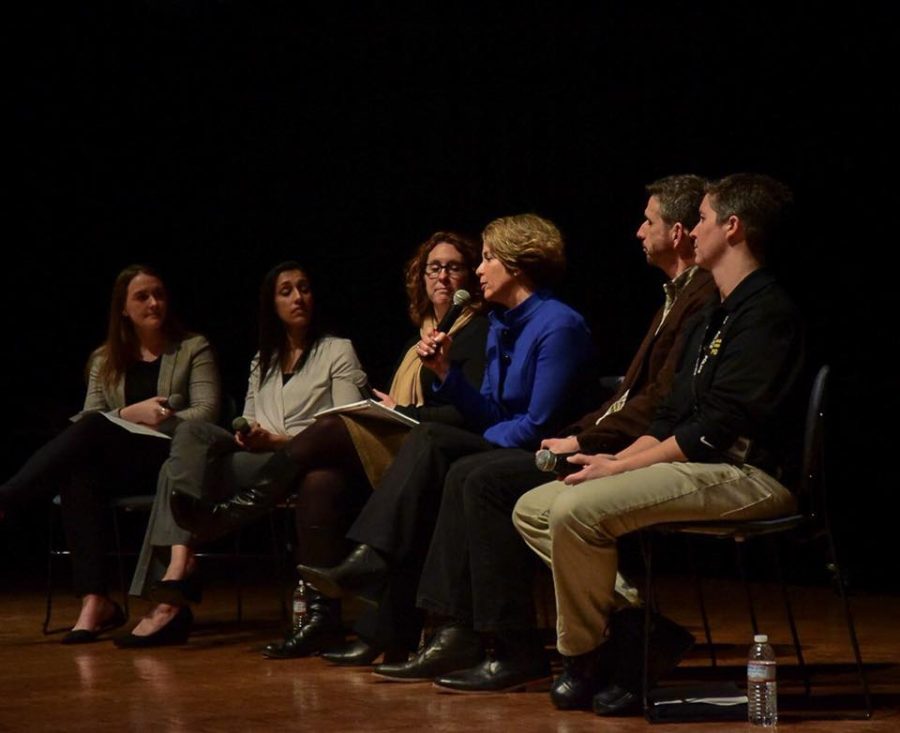


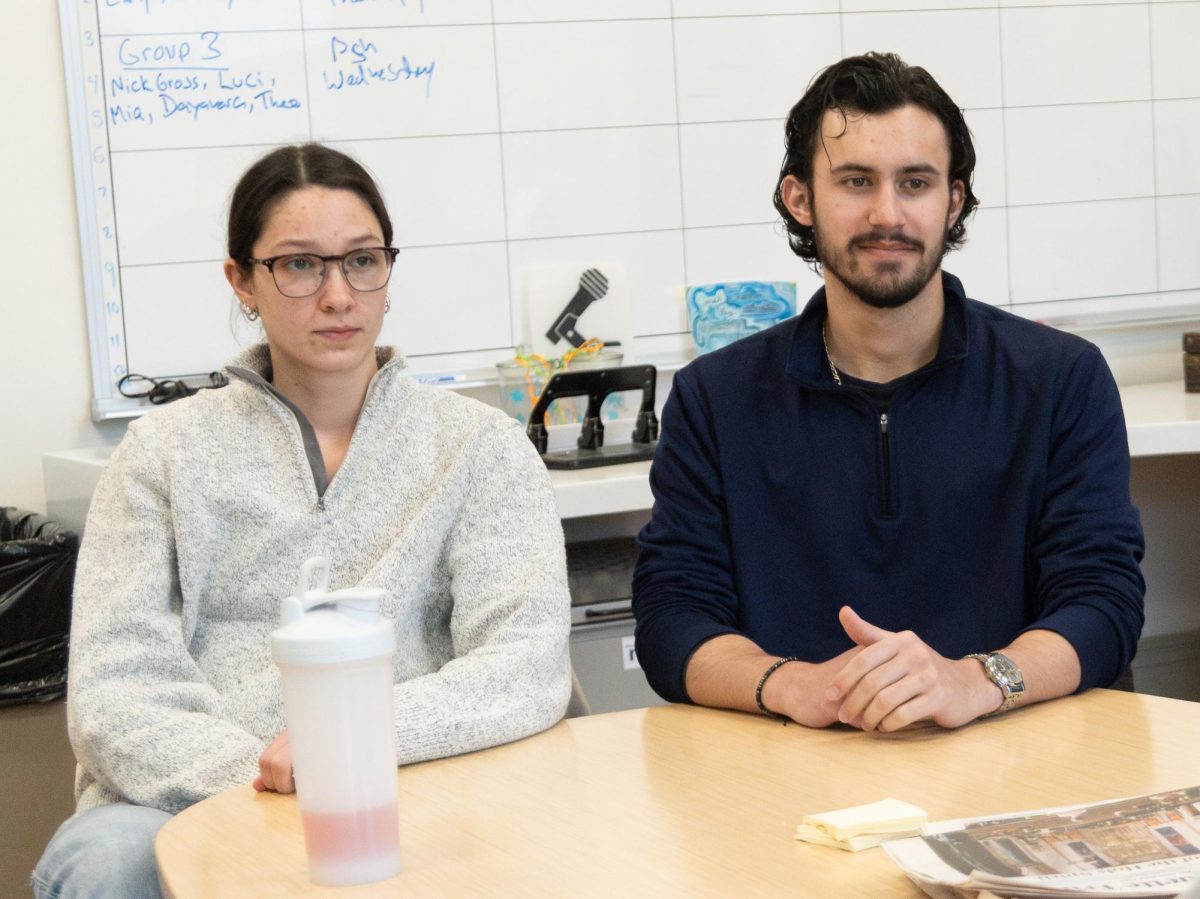
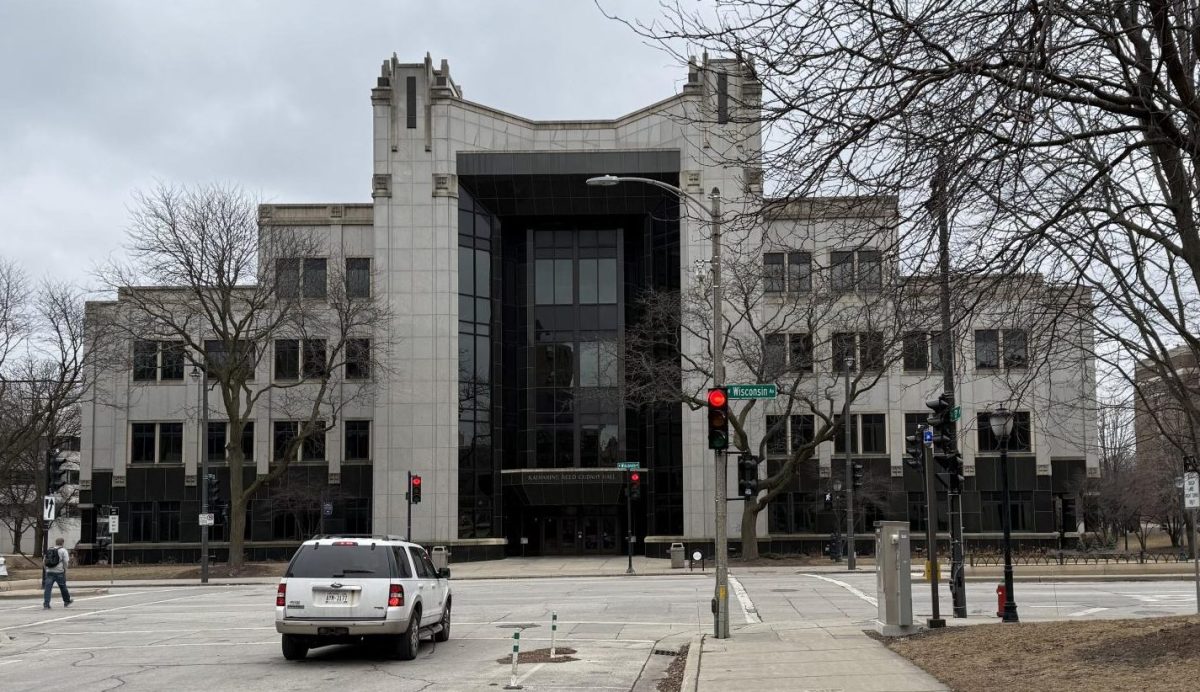

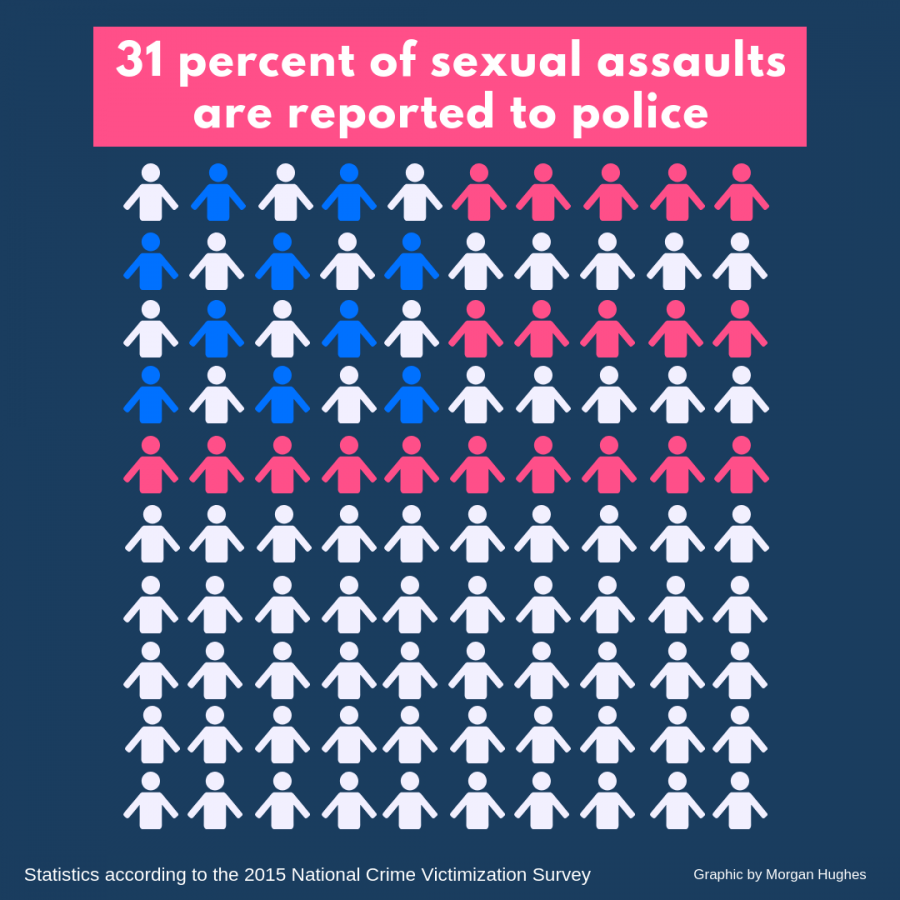
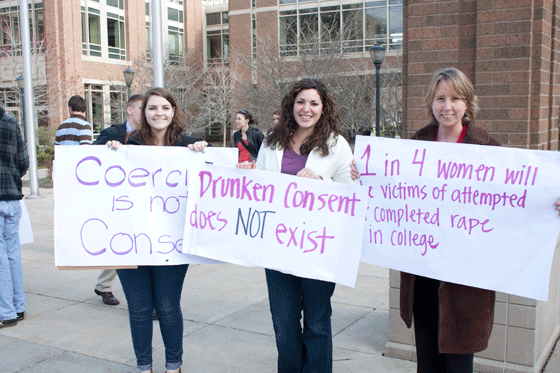
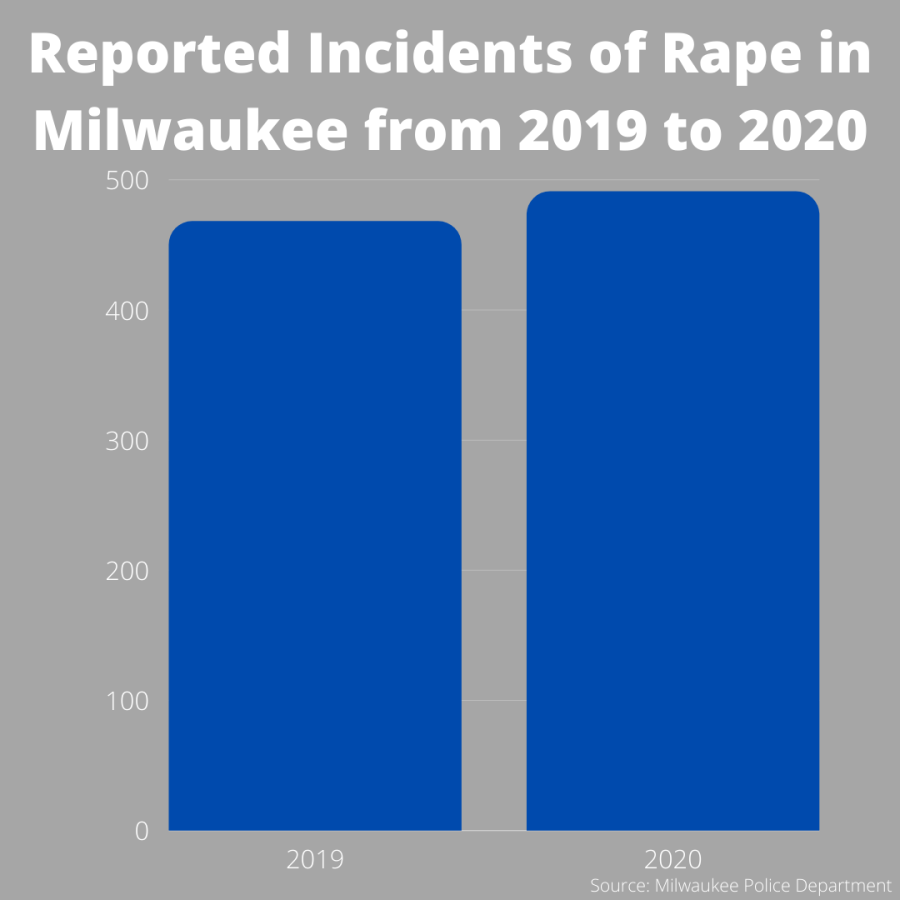
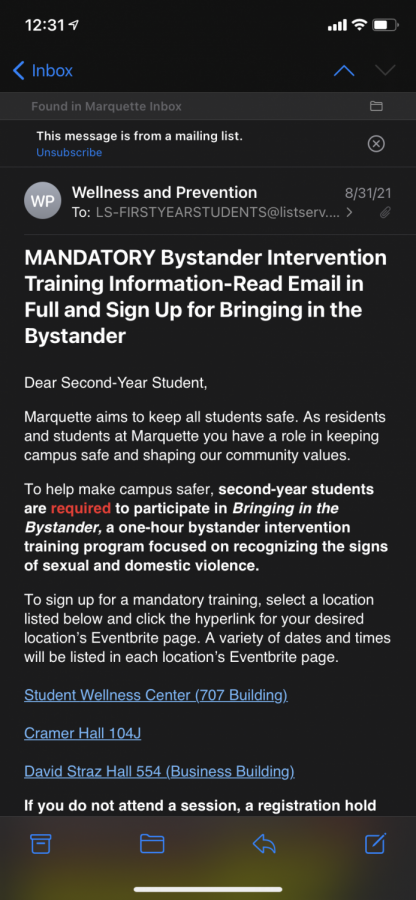


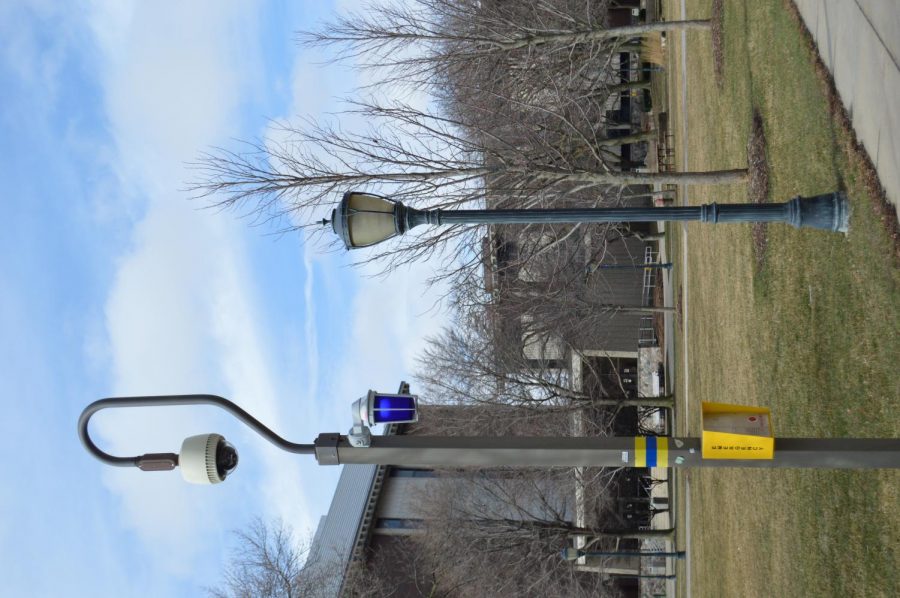
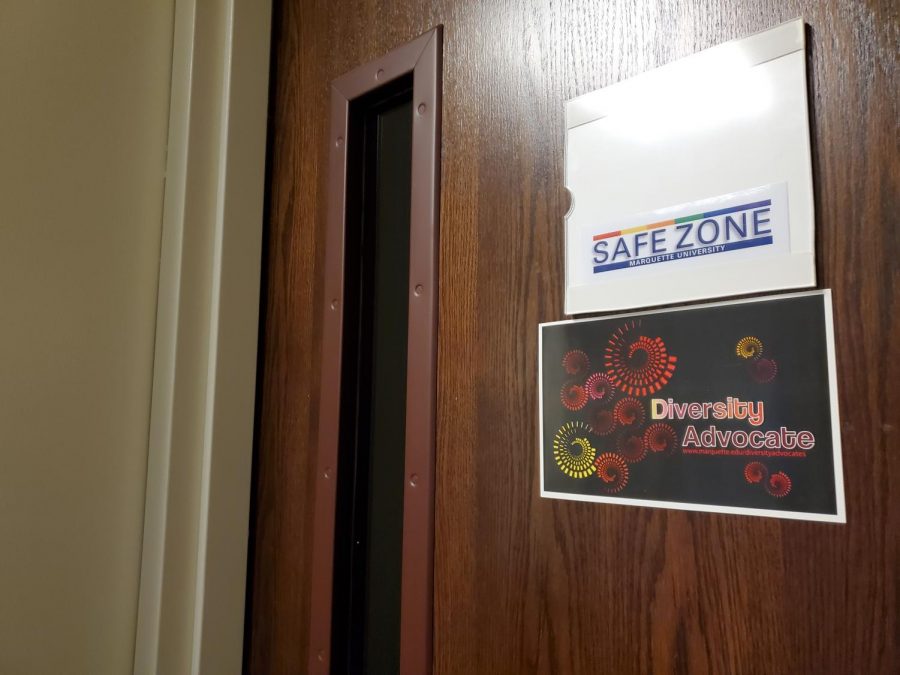
Joseph Smat • Feb 26, 2018 at 12:25 pm
Are they going to put the woman on who read the letter from a sexual assault victim? Are they going to put a video on about any of the discussion? I thought the MUPD Policewoman was excellent. Will there be replay videos of any of it. It think it is an important topic and should be on Marquette Wire.
Thank you,
Joe Smat